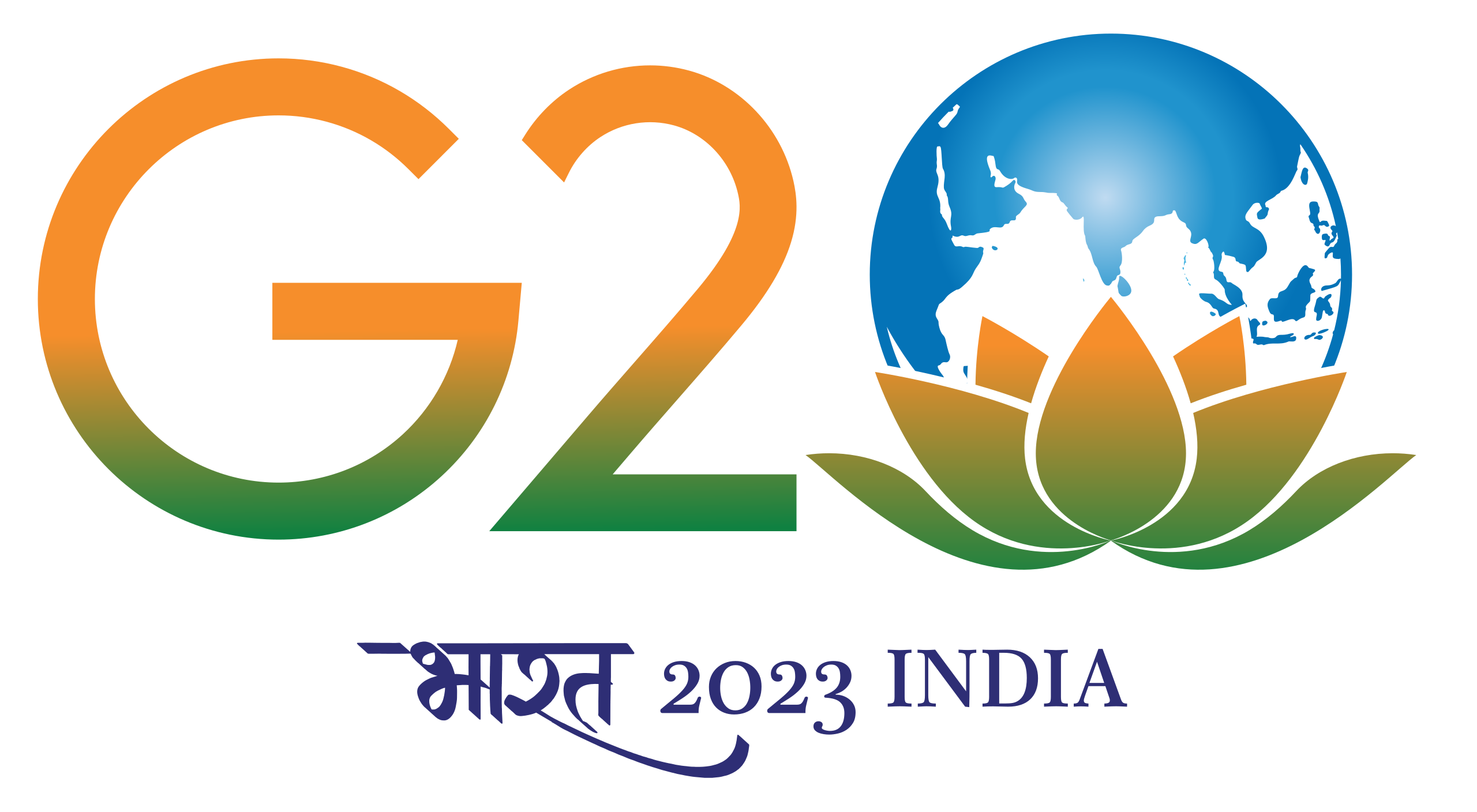Power Electronics
Power electronics is the application of solid-state electronics to the control and conversion of electric power. It also refers to a subject of research in electronic and electrical engineering which deals with the design, control, computation and integration of nonlinear, time-varying energy-processing electronic systems with fast dynamics.
The Master's degree offered by the Electrical Engineering Department gives the graduate students a thorough understanding of the theoretical and practical aspects of power electronics engineering. The PG program includes courses in Mathematics, the core subject areas and a wide range of elective subjects in power electronics and energy conversion technologies. In core subject areas, emphasis is given on power processors with recent and emerging power switching devices, electrical machines and their control, measurement and processing of signals, signal processors, control systems and digital system design required to build any power electronic equipment with necessary controllers. The program offers electives for the students to enhance the knowledge of emerging machines, areas of power electronics applications and techniques to optimize the designs.
The Program culminates with a project work in which the students are encouraged to work on specific areas involving design, simulation, fabrication, analysis and testing of any power electronics system having research/industrial application values. The curriculum based on a credit scheme is updated. Some innovative practices are included in the curriculum like practice school, mini projects associated with lab and theory courses, continuous evaluation, relative grading, etc.

